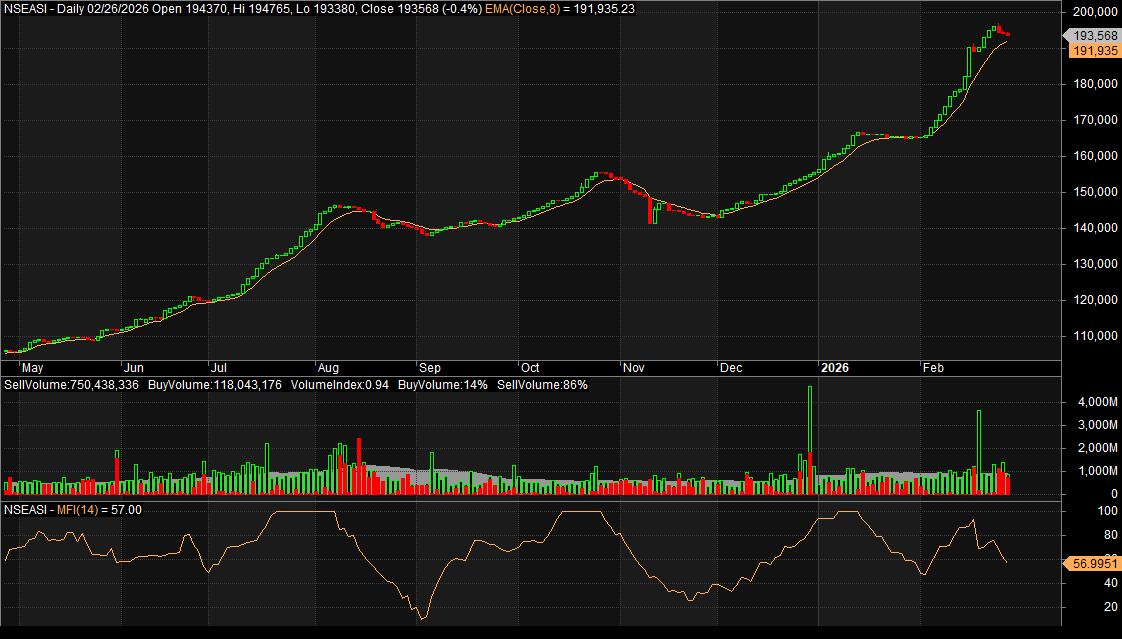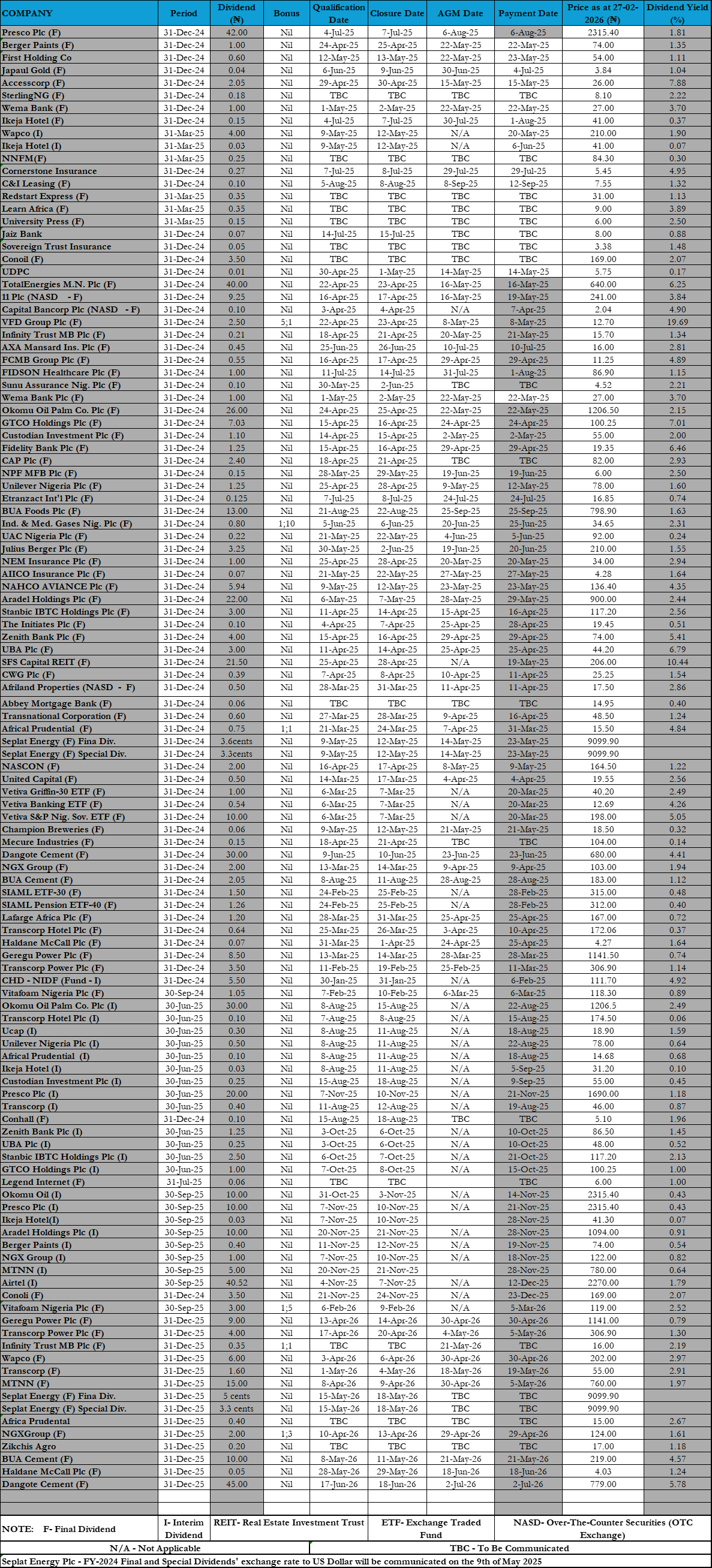
The Central Bank of Nigeria (CBN) ended its Monetary Policy Committee (MPC) meeting, the last for the year, with all 12 members in attendance voting to raise the benchmark Monetary Policy Rate (MPR) to 27.5%, blowing to inflationary pressure.
They expressed particular concern that the trio of headline, food and core inflation rose year-on-year in October 2024, just as on a month-on-month basis.
Specifically, the latest data by the National Bureau of Statistics (NBS) showed that inflation rose to 33.88% in October, from 32.7% in September; 2.64% month-on-month from 2.52% in the previous month, driven by the food and core components. Food inflation rose further to 39.16% in October, from 37.77%, while core inflation grew to 28.37% in October 2024, from 27.43% in September.
The committee, according to a communique issued at the end of the two-day meeting and signed by Olayemi Cardoso, the chairman and Governor of the CBN, voted to further tighten policy, raising the MPR by 25 basis points from 27.25%; while retaining the asymmetric corridor around the MPR at +500/-100 basis points.
Members also voted unanimously to retain the Cash Reserve Ratio of Deposit Money Banks at 50%, and Merchant Banks at 16%; while retaining the Liquidity Ratio at 30%.
With the three inflationary pressure points suggesting the persistence of price pressures, with attendant adverse impacts on income and welfare of citizens, the MPC “members agreed unanimously to remain focused in addressing price developments.”
Although food prices remain a key contributor to the uptick, the MPC “commended the efforts of the Federal Government for the improved security, especially in the North-East of the country, which would likely improve food production.”
The committee also noted the impact of the increase in energy prices on the general price level due to its impact on factors of production, recalling how “the recent increase in the price of Premium Motor Spirit (PMS) has also impacted the cost of production and distribution of food items and manufactured goods.
The MPC expressed optimism that the full deregulation of the downstream sub-sector of the petroleum industry would eliminate scarcity and stabilise price levels in the short to medium term.
“Members thus, reiterated the need to strongly forge ahead with the deepening collaboration between the monetary and fiscal authorities to ensure the achievement of our synchronized objectives of price stability and sustainable growth,” it stressed.
The committee noted the improvement in the external sector, as shown “in the increase in the current account surplus, enhanced remittance and capital inflows which have impacted the external reserves positively. This, therefore, suggests that key policy measures by both the monetary and fiscal authorities are yielding the desired outcomes. Members, however, expressed concern over persisting exchange rate pressure, reflecting continued high demand in the market.”
Consequently, members urged the CBN to explore measures to boost market liquidity, noting with satisfaction the continued resilience and stability of the banking system despite significant exogenous and endogenous headwinds. They noted that key financial soundness indicators like the Capital Adequacy Ratio (CAR), Non-Performing Loan ratio (NPL), Liquidity Ratio (LR), amongst others, remain strong, but urged the CBN “to maintain its close surveillance on the banking system to sustain compliance with regulatory thresholds and continued health of the industry.”
Members equally acknowledged the efforts of the CBN to deepen financial Inclusion and improve the transmission mechanism of monetary policy to enhance policy effectiveness.
The MPC, however, noted the moderation in the prices of farm produce, for which it applauded the Federal Government’s efforts at driving increased productivity in the agricultural sector.
It equally noted the sustained recovery of output growth with Real GDP (year-on-year) growing by 3.46% in the third quarter of 2024 compared with 3.19% and 2.54% in the preceding and corresponding periods, respectively. This, it added, that growth was driven by both the oil and non-oil sectors, which grew by 3.37% from 2.8% in the preceding quarter, and 5.175, down from 10.15% respectively, with a notable contribution from the Services sector.
Members equally noted the marginal rise in external reserves rose to US$40.88bn as at 21st November, from US$40.06bn at the end-October, a level the communique noted, is enough to finance 17 months of imports.











